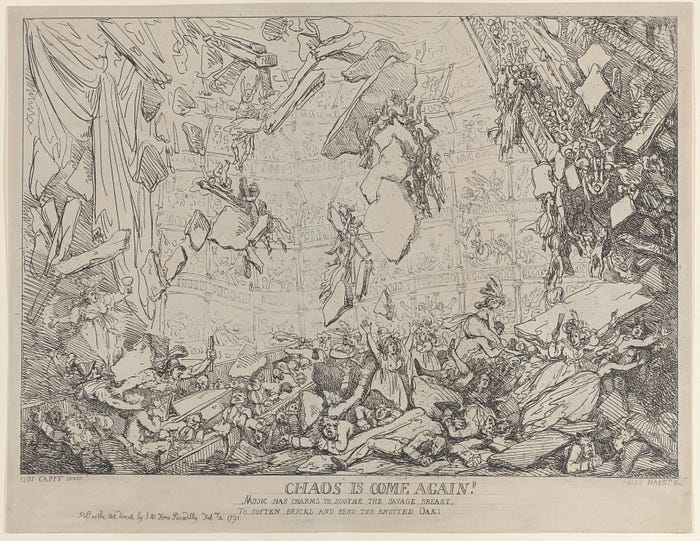“Mirror Budget” and the Power of “ Details in which All Participated”
From Mirror Budget to Weak Anarchism (4)

If the Mirror Budget is not carried out as a real budget proposal,
what is the difference between “Mirror Budget” and saying “I like your idea!” or “Are you there?”?
Doesn’t the Mirror Budget, which continually presents budget proposals instead of voting in a cyclical election event, becomes a foolish crowd? In other words, does it empower people to make decisions from a long-term perspective instead of following short-term trends with no help from elected officials?
Unlike the pros and cons of individual projects, in the Mirror Budget, each person is both an “individual” and the “government as a total budget allocation (made by that person)”. It means that you have to take a look at “(your) overall national budget proposal” and “the overall national budget proposal of everyone” at the same time, not just your personal likes and dislikes.
The important point here is “individual” and “ overall”.
There is a play called the “r/place.”
https://www.youtube.com/watch?v=XnRCZK3KjUY
A canvas on which pixels can be drawn is shared by an unspecified number of people on the Internet, and anyone can draw a picture anywhere they want, with the rule that they can put one pixel at a time.
There is no particular rule forbidding anything, and no command to do something, which intuitively seems to lead to chaos.
However, as you can see from the video, a variety of pictures, far from chaos, are actually drawn jointly. Interestingly, while groups clearly intent on destruction fill the picture with noise and filth, opposing groups emerge at the same time to prevent this and transform it into something else, a process that is clearly visible in the picture.
The premise of the r/place is that all participants understand and anticipate the whole canvas picture as “one picture”. Otherwise, they cannot know what kind of destruction is taking place, nor can they paint together. Furthermore, without having some prediction about how the process will go, they cannot even realize that the surprising “destruction” or emergence of a group behaving differently from their prediction is “surprising” in the first place.
There are similarities between the canvas in the r/place and the Mirror Budget’s individual national budgets (in aggregate).
You can figure out the “destruction” in the r/place as an apparently uncomfortable (different from your idea), aggregated budget bias in your Mirror Budget. The action for that is to “change your budget allocation”.
The “national budget plan” in the Mirror Budget will become “a picture that grasps the whole” just like the canvas of the r/place, and it will emerge an order that autonomously prevents foolish crowd or self-destruction. I believe such a thing can be expected.
There are no proofs for this part at this moment. However, I do think that a “budget plan” in the Mirror Budget is an interface that can be a map to grasp the whole in today’s society, which has become terribly complex and busy with short-term and local vision. The Mirror Budget is both a streaming budget and a “ballot” that has been extended to draw a “map of the whole.
We cannot tell until we see the results whether the budgets being streamed and aggregated by the Mirror Budget is a “foolish crowd” or “collective wisdom just waiting to be executed. Still, since it’s a “mirror”, we can experiment before running it, and we can afford to create a more sophisticated logic and verification about the effect of considering the whole picture to prevent foolish crowd.
